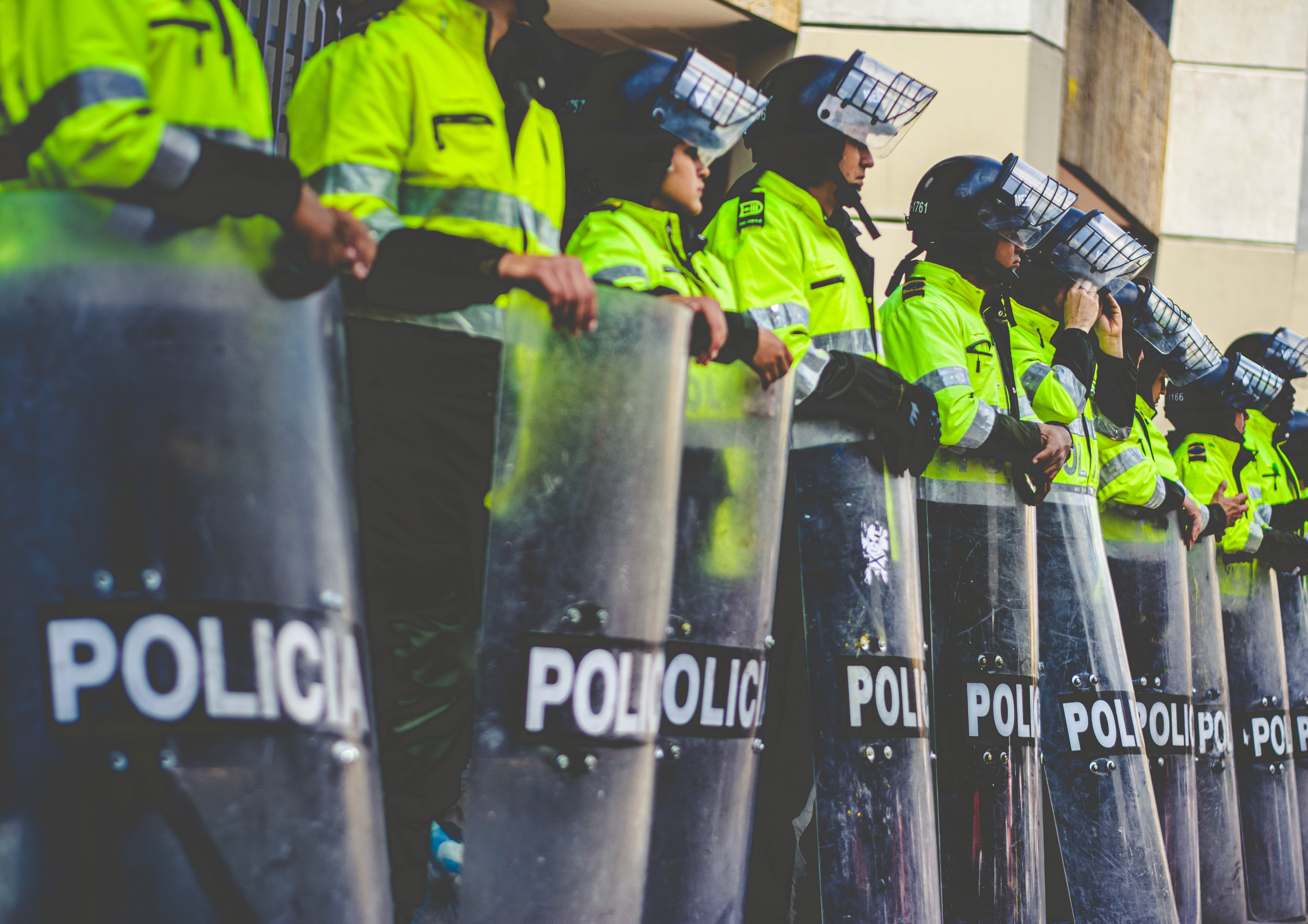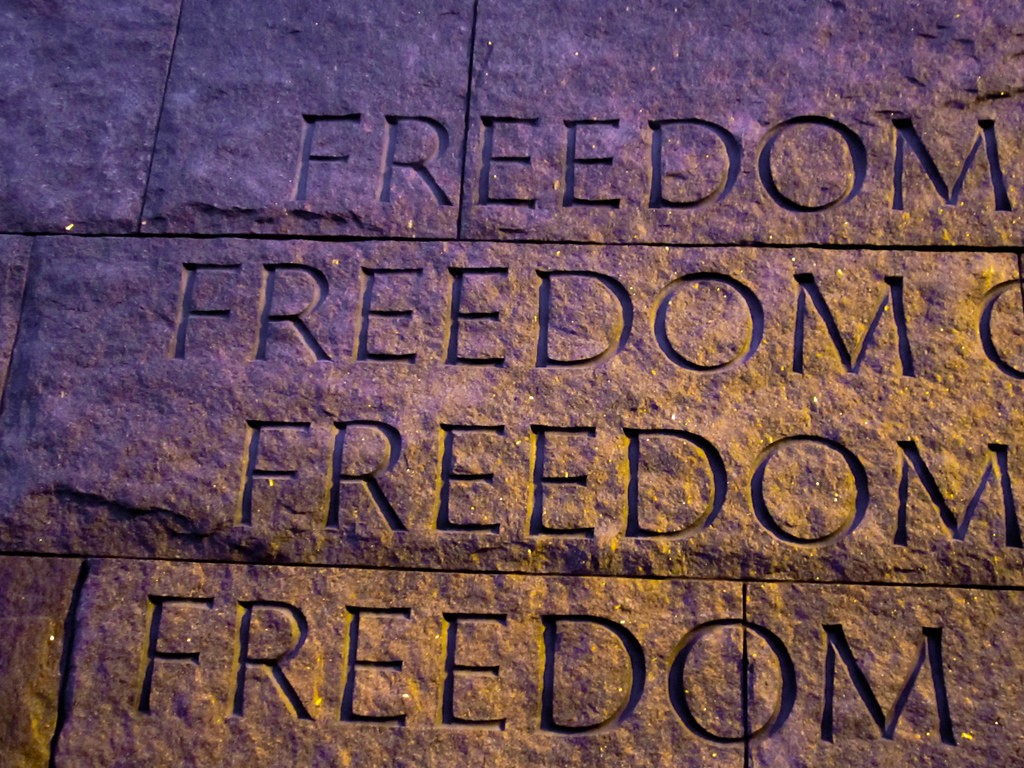Welfare Capitalism
Capitalism: an economic system where trade and manufacturing are owned privately (i.e. by individuals or groups of people) as opposed to the government. Maintains private ownership while prioritizing social welfare policies. Social welfare programs include universal (tax-funded) healthcare, childcare, university, and different types of insurance, as well as generous financial and housing aid for the poor. Proponents of welfare capitalism argue that it preserves economic growth and competition while lessening the class divide and improving quality of life for the poor. Some critics on the left argue that this system maintains many of the flaws of capitalism such as the valuing of money over high employee wages/rights and ethical production and products. Some on the right disapprove of the high taxes on the wealthy and the possibility of some people not being incentivized to work if they receive welfare (leading to a labor shortage, which would be bad for the economy). Example: a citizen doesn't have to pay for healthcare or their child's university, and a wealthy business owner loses over half of their income to taxes.


Conservatism
Conservatism is an ideology that is in favor of moderate, slow, and steady change, rather than the fast-paced and extreme change that liberalism and other ideologies champion.
As the name suggests, conservatives stick with the “tried and true” methods of governance (running the government), preferring political stances that are in line with tradition and don’t stray from established laws or traditional politics.
Conservatism is a very broad label, though in the United States and many other western countries, it refers to the ideas of the political “right” as opposed to the “left” - the right tends to support traditional values.
Common beliefs: nationalistic (see above), support a strong emphasis on individual rights, generally pro-religion and pro-life, supportive of the capitalist system. In strong opposition to gun regulations, secularization (less religiousness) and socialism.
Example: A citizen believes that the right to bear arms (have guns) as stated in the constitution is a human right that the government can not take away.


Authoritarianism
A system in which a powerful government restricts individual freedoms and expects submission to authority from its citizens.
Authoritarian is an umbrella term for many types of government: Fascism, Dictatorship, and Absolute Monarchy
Absolute Monarchy: a government that is controlled by a fully controlled family (King and Queen) rather than a political party
Fascism: an extremely authoritarian regime based on ethnic-nationalism (prominent in WW2 era)
Dictatorship: an authoritarian government led by a single person who often puts even more restrictions on the public (Ex: brainwashing)
Example: A citizen is stripped of their rights and must obey their government under threat of consequences. The citizen receives little to nothing while the government gets whatever it wants.


Nationalism
The belief that government is unnecessary and harmful to citizens and therefore should be abolished
Nation: a large group of people united by common features (culture, descent, history, language) in a state or country
A strong sentiment that a nation and those who are loyal to that nation are superior to other nations and their interests.
Nationalism is based on the desire to maintain the identity of a group of people
Very often tied to discrimination as one group feels superior over another such as white nationalism (the belief that white people are superior to other races) or cultural nationalism (the belief that one culture is superior to another)
Example: A citizen from a country has pride in their nationality and strongly opposes immigration from surrounding nations. They aim to maintain a society where everyone shares a common pride and loyalty to that nation and hopes to keep “foreigners” away.
*Not all nationalism is extreme or discriminatory. Simply supporting a sports team from one's country can be considered a form of nationalism.


Anarchism
The belief that government is unnecessary and harmful to citizens and therefore should be abolished
Citizens can achieve true freedom and prosperity through the abolition of government
Can be seen as the more radical form of libertarianism
Example: A person living in a state of anarchy has the freedom to do what they want, whenever they want, but does not receive the organization of infrastructure and resources that a traditional government would supply.


Socialism
Aims to eliminate exploitation of the working class through the elimination of competition in productionMeans of production and natural resources are owned collectively by the people and a democratically elected government but private ownership of personal property still existsSociety has classes (some people own more than others) but equality between the classes is maintainedCommon political beliefs: freedom of religion, equality for everyone, universal healthcare, pro-choice legislation, and environmental sustainabilitySocialism is considered the “middleman” between the extremes of capitalism and communismExample: A citizen works at a steel production factory that is owned by the government, but returns home to a house on private property


Libertarianism
Has a strong emphasis on individual freedoms and autonomy
Desires minimal and limited government involvement in society
Libertarian emphasis on individual freedoms strongly supports a free market economy and a capitalist society.
Common political beliefs: Equality for all people, the criminal justice system must be reformed, pro-second amendment (right to bear arms), support for peaceful and organized immigration, and the belief that healthcare should be removed from government control
Example: A citizen votes against gun control legislation because they are opposed to the government interfering with their lifestyle.



